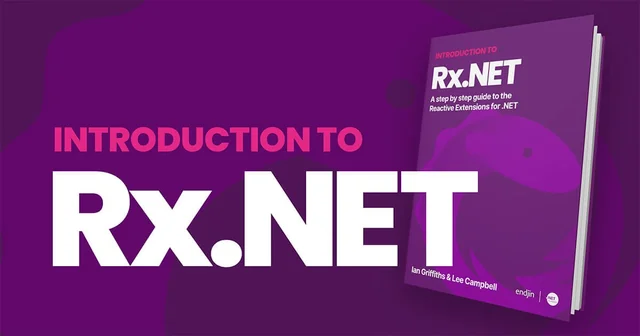Transforming data streams is a core feature of Rx.NET, allowing developers to manipulate sequences of data efficiently. Through a variety of operators, Rx.NET provides the tools to filter, select, project, and aggregate streams to meet application needs. Here’s an expanded look at some of these operators with examples.
Filtering with Where
The Where operator allows you to filter items in a sequence based on a condition.
Observable.Range(1, 10)
.Where(x => x % 2 == 0)
.Subscribe(x => Console.WriteLine(x));
This example filters a range of integers, only allowing even numbers to pass through.
Projecting with Select
Select transforms each item in a sequence into a new form.
Observable.Range(1, 5)
.Select(x => x * x)
.Subscribe(x => Console.WriteLine(x));
This code squares each number in the sequence, demonstrating simple projection.
Combining Sequences with SelectMany
SelectMany is used to project each element of an observable sequence to another observable sequence and flatten the resulting sequences into one sequence.
Observable.Range(1, 3)
.SelectMany(x => Observable.Range(x, 3))
.Subscribe(x => Console.WriteLine(x));
This example demonstrates how SelectMany can be used to create a more complex sequence by combining multiple sequences.
Grouping with GroupBy
GroupBy separates items into groups based on a specified key selector function.
Observable.Range(1, 10)
.GroupBy(x => x % 3)
.Subscribe(group =>
group.Subscribe(x => Console.WriteLine($"Key: {group.Key} Value: {x}")));
This code groups numbers by their remainder when divided by 3, illustrating how to categorize sequences.
These examples showcase just a few of the powerful operators available in Rx.NET for transforming data streams. By mastering these operators, developers can elegantly solve complex problems related to data manipulation and event handling in their applications.
